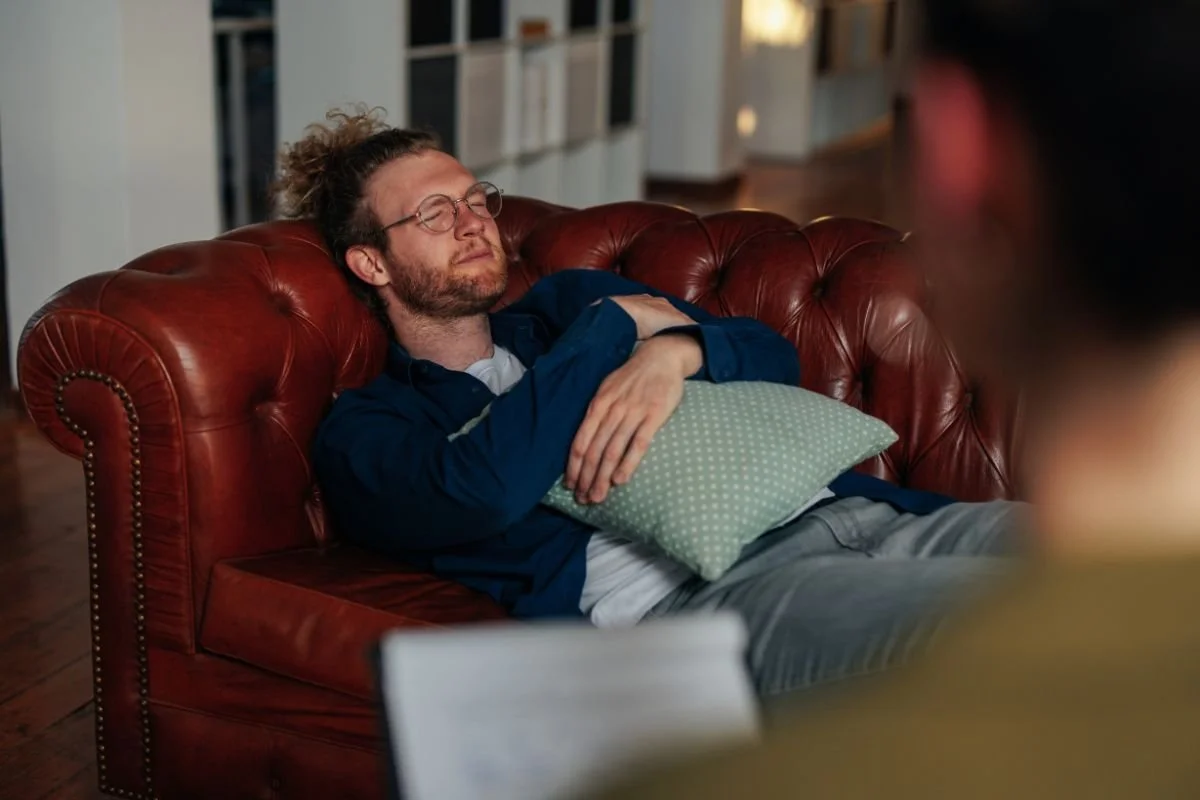Exploring the Benefits of Assisted Resolution Therapy (ART)
In the quest for effective and innovative therapeutic approaches, Assisted Resolution Therapy (ART) is emerging as an additional tool for addressing a wide range of emotional and psychological issues. ART is a relatively new, evidence-based therapy that combines elements of traditional talk therapy with guided visualizations and rapid eye movements to help individuals process and resolve distressing memories and emotions.
What is Assisted Resolution Therapy (ART)?
Assisted Resolution Therapy (ART) is a form of psychotherapy that utilises bilateral eye movements and visualisations to facilitate the processing of traumatic memories and negative emotions. ART was developed by Laney Rosenzweig, LMFT and involves a structured approach where the therapist guides the client through specific visualizations while engaging in rapid eye movements. This process is reported to help reframe and resolve distressing memories, reducing their emotional impact.
Is ART Right for You?
If you are struggling with the emotional impact of traumatic experiences or are dealing with anxiety, depression, or other psychological issues, Assisted Resolution Therapy (ART) may be an effective option for you. This innovative therapy is designed to offer a structured, supportive, and rapid approach to healing, helping you transform distressing memories and emotions into manageable and less impactful experiences.
Assisted Resolution Therapy (ART) is an emerging approach in the field of psychotherapy that shows promise for addressing trauma and emotional distress. This relatively new therapy combines guided visualisations with rapid eye movements, aiming to help individuals reprocess and reframe distressing memories. While research is ongoing, early studies suggest that ART may offer a potentially effective route to emotional relief for some individuals.
It's important to note that as a newer therapy, the evidence base for ART is still developing. While some initial studies have shown encouraging results, more extensive research is needed to fully understand its effectiveness across various conditions and populations.
If you're interested in exploring ART as a potential treatment option, consider discussing it with a mental health professional who is trained in this technique. They can provide more information about the therapy, its current evidence base, and help you determine if it might be an appropriate approach for your specific situation. Remember, every individual's journey to mental health is unique, and what works best can vary from person to person.

